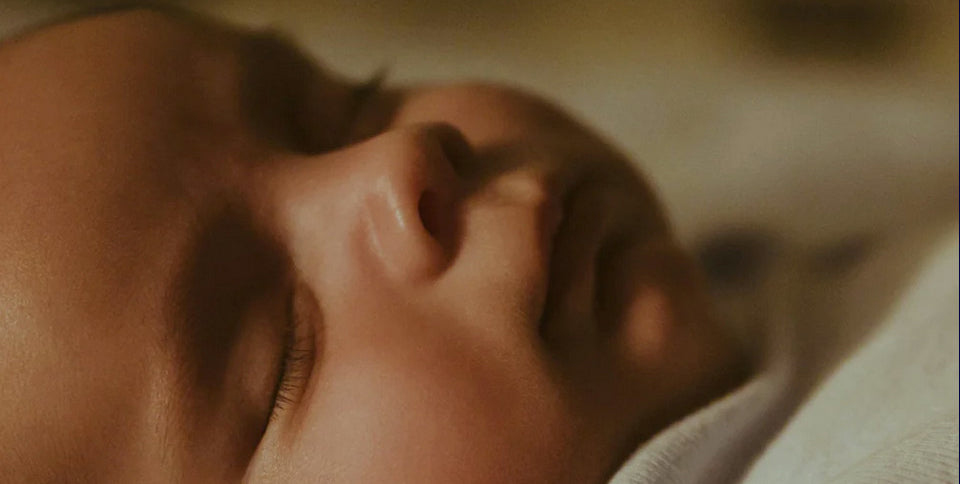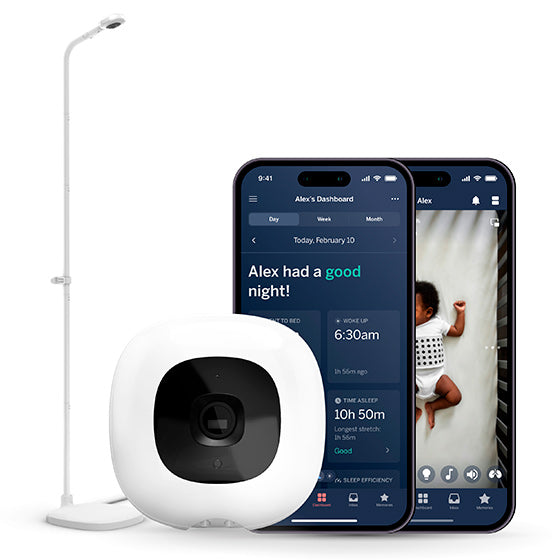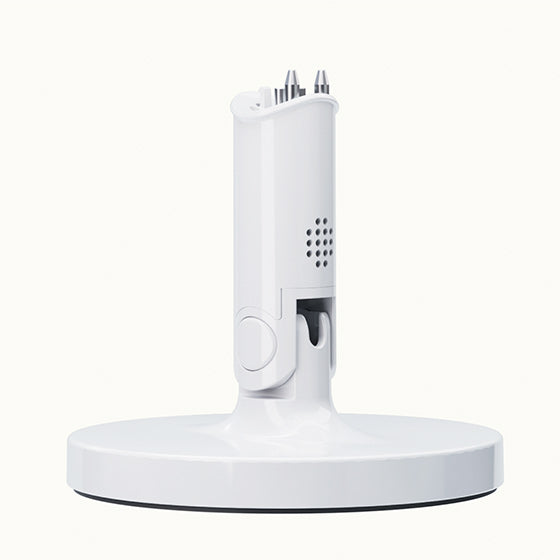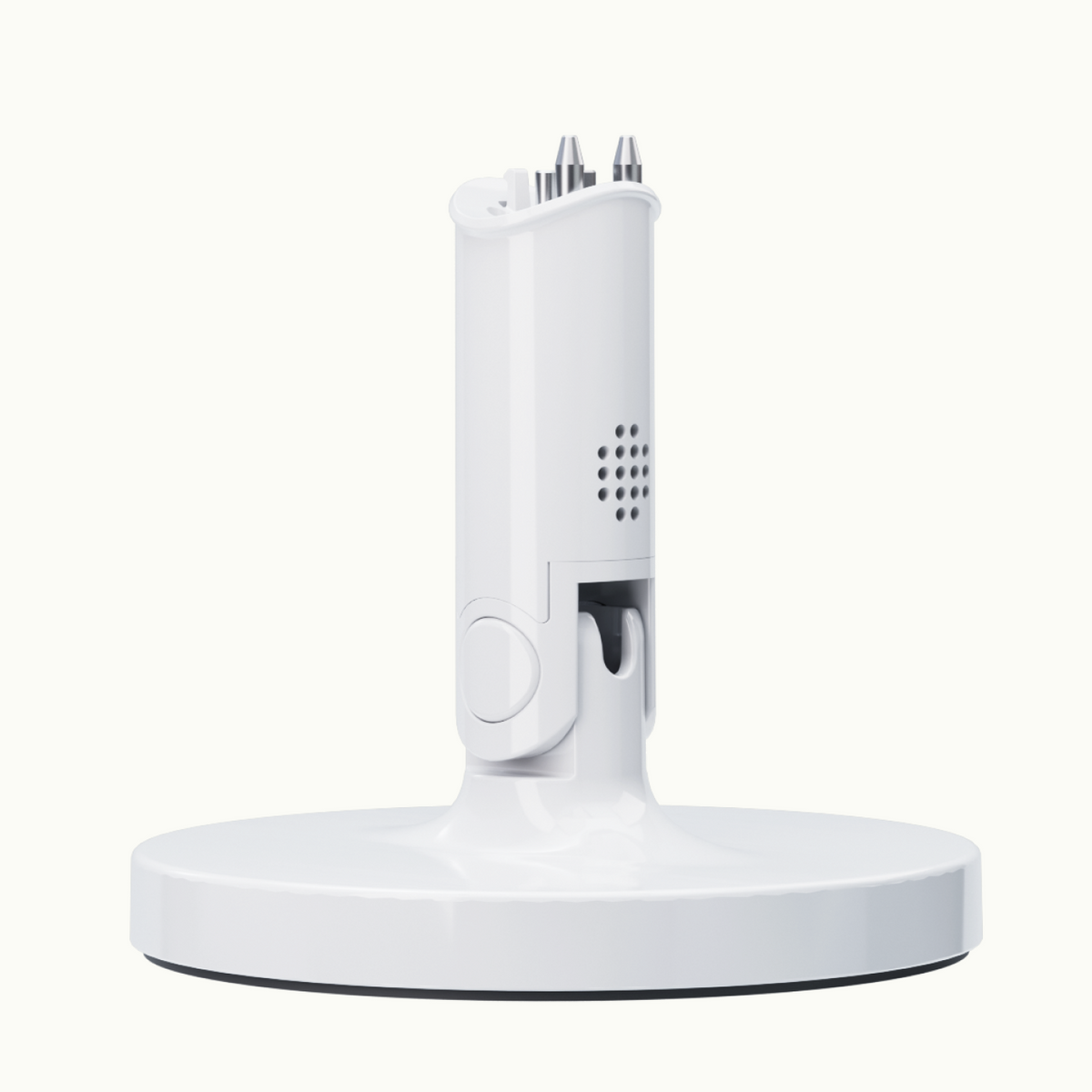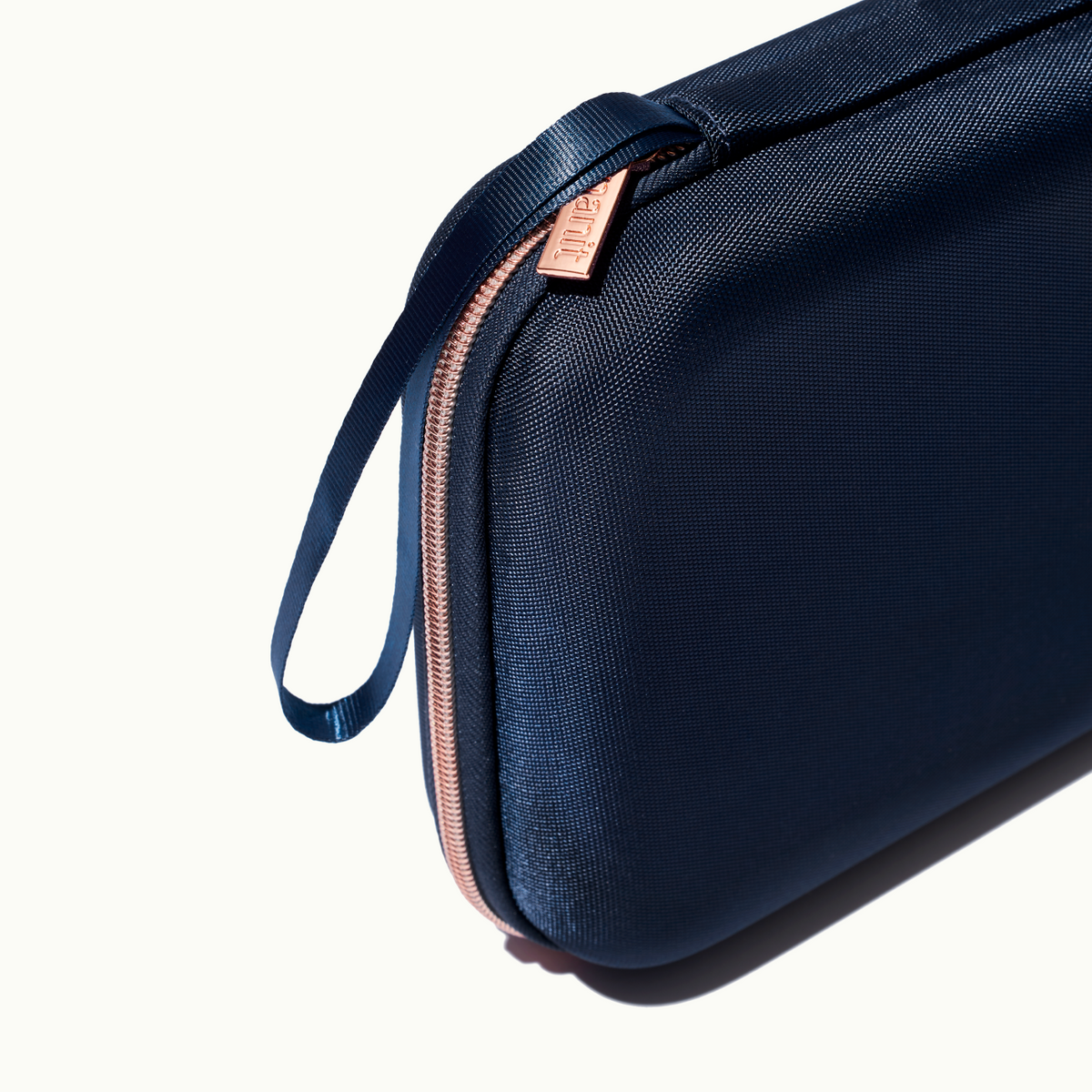Sarah Berger, Natalie Barnett, Yanai Ankri and Melissa Horger.
Presented at the Biennial Pediatric Sleep Conference in November 2019
Abstract
Because no method to date documents sleep non-invasively, yet naturalistically and longitudinally, the reason why infants’ sleep is disrupted upon the acquisition of new motor skills, such as crawling or pulling-to-stand, remains unknown. One objective was to examine sleep directly using video-based sleep analysis for behavioral evidence that would speak to the increase in night wakings associated with motor skill acquisition. Video has the advantage of being less invasive than a wearable device and more accurate and less time-consuming than parent sleep diaries. Another objective was to better understand the types of movements that define night wakings. Most objective methodologies for documenting night wakings are based on amount of activity. This study will be the first to use automated algorithms to quantify infant movement during sleep.
4 infants (3 male) are currently participating in this longitudinal case study. Data collection is ongoing. We provided a NanitTM baby monitoring system to each family to video-record infants sleeping in their cribs at home. Nanit uses sophisticated computer vision algorithms based on video data collected from a camera mounted over the crib to calculate and report sleep characteristics that reflect overall quality of night sleep. Currently, we focus on the nightly “activity map”, summaries of where infants spent time in their crib based on pixel area in the video. Summary statistics include the mean areas where infants spent the most and least time during the night. Parents also kept daily, prospective diaries to document the onset of infants’ motor skills.
For the 2 infants who had not yet begun independent locomotion, the mean area accounting for where they spent less than 25% of the time was 8 and 15 times the mean area where they spent most of the night. That relationship was stable across the observation period. In contrast, for the 2 infants who began walking during the study, the mean area accounting for where they spent less than 25% of the time was only 4 and 7 times the mean area where they spent most of the night. Moreover, that pattern fluctuated with peaks of movement upon walking onset.
For our current window of observation, motor onset was generally a stronger predictor of fluctuations in movement during sleep than age. Locomotor infants moved around the crib less overall, likely because night wakings tend to decrease with age. However, upon motor skill onset, brief sleep disruptions seem to be related to infants increased mobility. Future work will include analysis of larger datasets of movement maps to more accurately describe the effect of motor milestones on infant sleep. This technology allows for the rapid analysis of large datasets.
PSC-CUNY Award #62780-00 50 How Do Motor Skill Onsets Impact Sleep Regulation in Infancy?

About the researchers
The authors include Sarah Berger, Natalie Barnett, Yanai Ankri and Melissa Horger.

- Dr. Natalie Barnett serves as VP of Clinical Research at Nanit. Natalie initiated sleep research collaborations at Nanit and in her current role, Natalie oversees collaborations with researchers at hospitals and universities around the world who use the Nanit camera to better understand pediatric sleep and leads the internal sleep and development research programs at Nanit. Natalie holds a Ph.D. in Genetics from the University of New England in Australia and a Postgraduate Certificate in Pediatric Sleep Science from the University of Western Australia. Natalie was an Assistant Professor in the Neurogenetics Unit at NYU School of Medicine prior to joining Nanit. Natalie is also the voice of Nanit's science-backed, personalized sleep tips delivered to users throughout their baby's first few years.
-
Dr. Sarah Berger is a Professor of Psychology at the College of Staten Island and the Graduate Center of the City University of New York. She received her PhD from New York University. Dr. Berger was an American Association of University Women Postdoctoral Research Fellow and a Fulbright Research Scholar. Dr. Berger studies the interaction between cognitive and motor development in infancy, particularly response inhibition and its implications for the allocation of attention in very young children. A line of National Science Foundation (NSF)-funded work, in collaboration with Dr. Anat Scher, has been the first to study the impact of sleep on motor problem solving in infancy.
